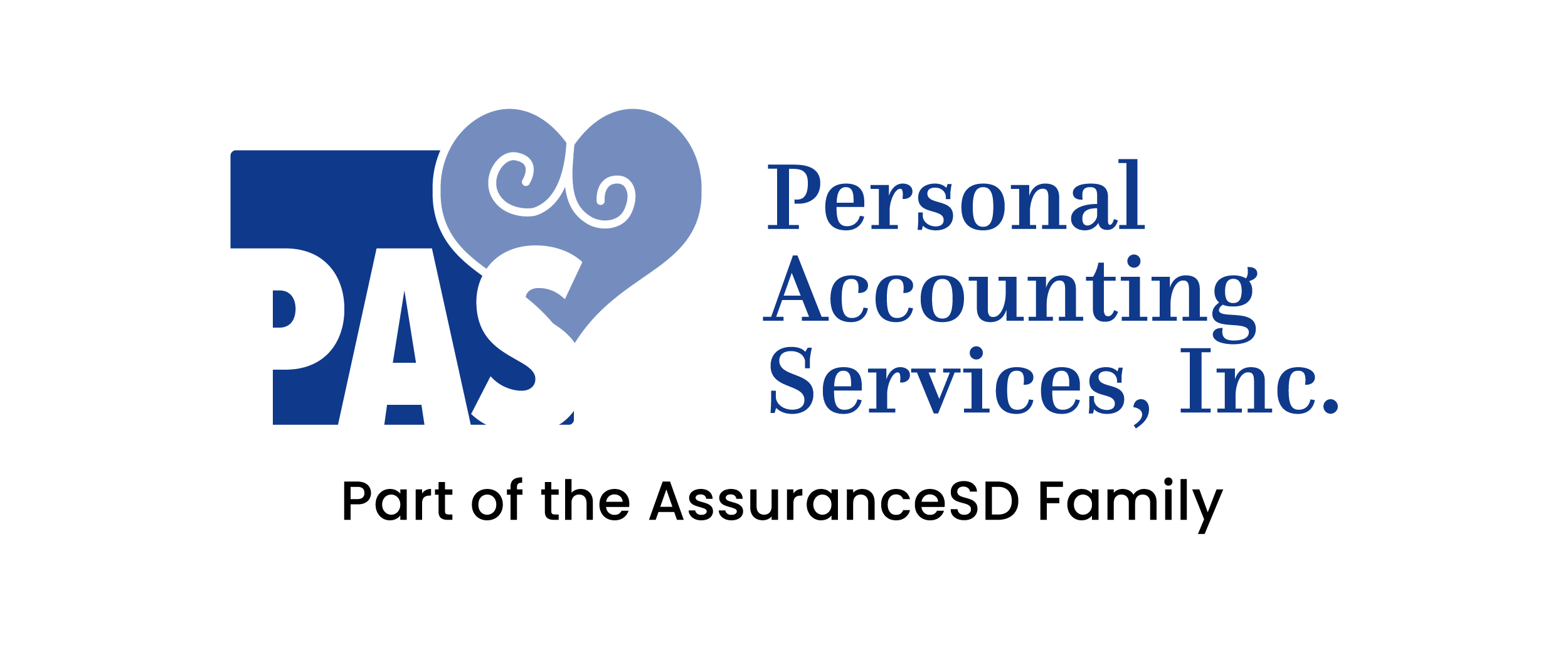On September 21, we will be celebrating World Alzheimer’s Day, in culmination of World Alzheimer’s Month (WAM) in September. PAS wants to provide you with tips on recognizing Alzheimer’s and where you can find more resources.
Alzheimer’s Disease International (ADI) helps lead Alzheimer’s awareness throughout September and the rest of the year. ADI’s theme for 2024 WAM is “Time to act on dementia, Time to act on Alzheimer’s”. The ADI wants to change how people view dementia with this campaign. Negative perceptions and discrimination towards the disease overshadow the positive work done to build awareness around the globe.
Fundraisers and other activities bring attention to those in the Alzheimer’s community. Among the events are the World Alzheimer’s Report launch. This webinar will take place on September 20 and more information can be found on the event’s webpage. The free event highlights feelings towards dementia as well as stigmas and discrimination associated with it.
Dementia and Alzheimer’s Resources
The Alzheimer’s Association has a collection of resources and tools to help you better understand and care for Alzheimer’s. These resources include virtual events, a 24/7 Helpline, and online tools.
Virtual events cover a wide range of topics related to Alzheimer’s disease. Past webinar events are saved to the Alzheimer’s Assocation YouTube page.
The 24/7 helpline can be reached at 800.272.3900. The helpline is a free service for families, direct care professionals, and individuals with dementia. The live agent can help you find resources and information in your community as well as crisis support.
Online tools can provide you with a pleather of Alzeimer’s information and resources. These include:
- Interactive tools to guide you through managing Alzheimer’s disease
- Connections with other direct care professionals
- Resources in your area
- e-Newsletter and e-learning workshops
- Alzheimer’s research and publications
Other resources for families, DCPs, and individuals with Alzheimer’s include:
- Resources for Veterans
- Resources for Kids and Teens
- Causes for Memory Loss
- Educational Resources
- Emergency Readiness
- All Alzheimer’s Resources
Alzheimer’s and Dementia Causes and Risk Factors
Broadly, dementia is the name given for symptoms caused by several cognitive factors, including:
- Brain disorders
- Memory loss
- Behavior and emotions
The human brain consists of over 86 billion nerve cells. While that sounds like a lot, dementia hinders these cells and disrupts communications with other parts of our bodies. When the rest of our body can’t communicate effectively with our brain, our bodies can’t function properly. Symptoms vary based on the brain regions affected. These symptoms may include varying forms of:
- Memory loss
- Difficulty with language
- Challenges in completing daily or normal tasks
- Personality or mood swings
Dementia progresses uniquely from person to person. At one time or another, it progresses to complete dependence on others for daily care.
The ADI has highlighted 12 risk factors associated with increased risk of dementia. These include:
- Absence of physical activity
- Smoking
- Abusive or excessive alcohol consumption
- Exposure to air pollution
- Significant head traumas or injuries
- Social isolation
- Education deficiency
- Obesity
- High blood pressure
- Diabetes
- Depression
- Loss of hearing
Aging is largest risk factor and it’s inevitable. Though, these other factors can be modified through behavior and lifestyle changes. While they may be difficult habits to break, monitoring your health as you age can help build healthy habits. In addition, lifestyle changes that reduce your risk of dementia can also reduce your risk of other diseases.
